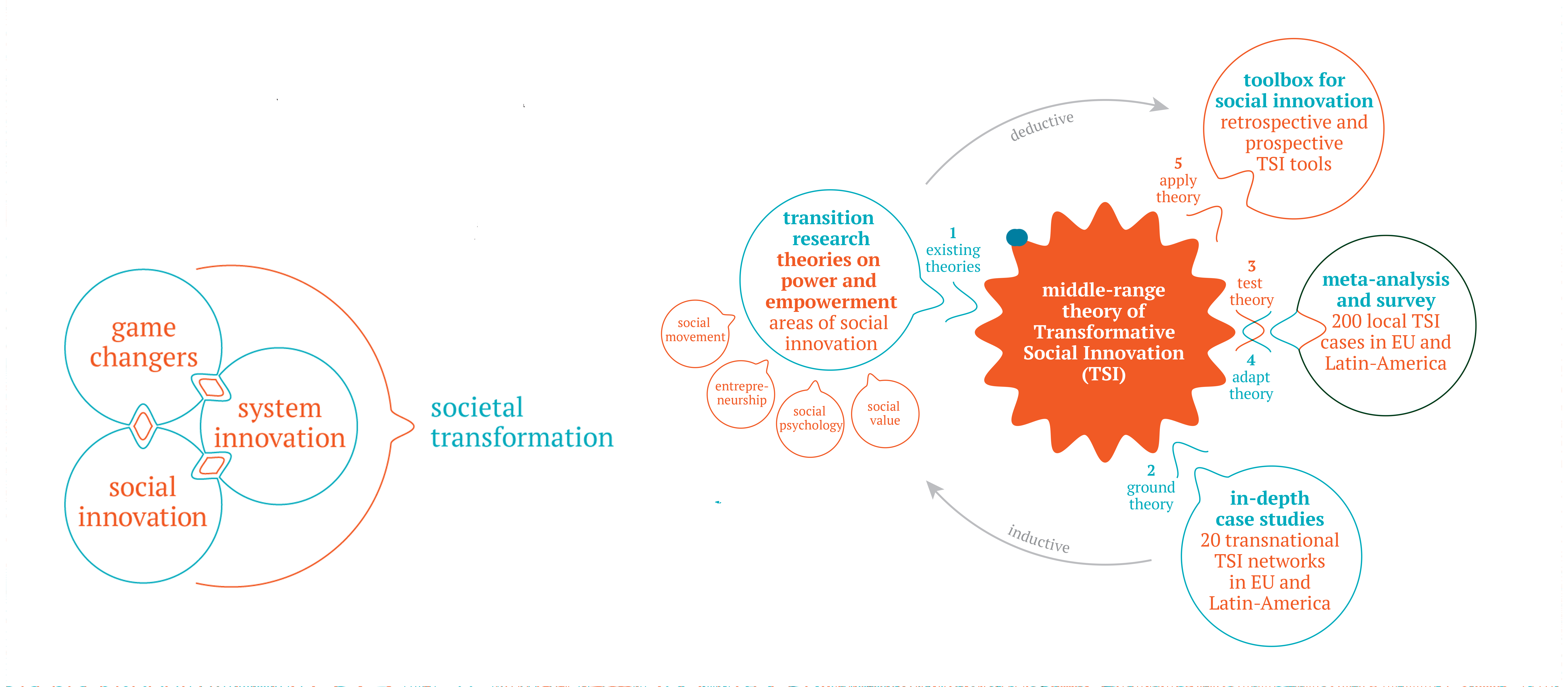Lorsque l’ASE, l’organisme en charge de la protection de l’enfance, que vous connaissez peut-être sous l’acronyme de la DDASS avant qu’elle ne change de nom, s’invite dans l’actualité, c’est souvent dans la rubrique des faits divers ou par le biais de témoignages tous plus choquants les uns que les autres. Ils font froid dans le dos et posent chaque fois les mêmes questions : Comment la protection de l’enfance en est-elle arrivée là ? Et surtout, est-elle encore capable d’assurer sa mission principale : celle de protéger les enfants ? Au-delà de ces faits divers qui défraient la chronique, on sait en réalité peu de choses sur l’Aide Sociale à l’Enfance ?
Alors à Blast, à l’occasion de la Journée Internationale des Droits de l’Enfant le dimanche 20 novembre, nous avons voulu comprendre les rouages de ce service public pour le moins méconnu et défaillant, et nous intéresser en particulier à ceux qui sont au cœur de ce système, les travailleurs sociaux.
